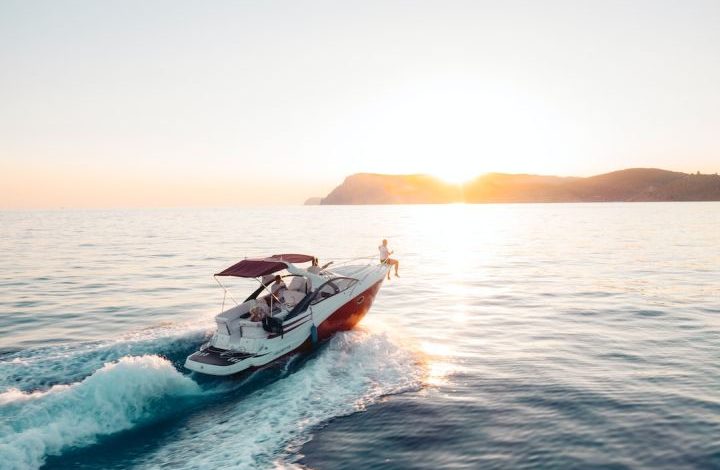Can Solar Panels Power Your Recreational Boat?

Imagine cruising on the open water, the sun shining down on you, and your recreational boat gliding effortlessly through the waves. Now picture this scene without the constant hum of a noisy generator. Thanks to advancements in solar panel technology, this dream could become a reality. Solar panels have the potential to power your recreational boat, offering a clean and sustainable alternative to traditional power sources. In this article, we will explore the benefits and considerations of using solar panels to power your boat.
Harnessing the Power of the Sun
Solar panels work by converting sunlight into electricity through the photovoltaic effect. They consist of numerous solar cells, which are made of semiconductor materials that absorb photons and release electrons. These electrons then flow through an electrical circuit, generating a direct current (DC) of electricity. To power your boat, this DC electricity is stored in batteries and can be used to run various onboard systems and appliances.
Advantages of Solar Power for Boats
1. Environmental Benefits: One of the most significant advantages of solar power for boats is its minimal environmental impact. Solar energy is a clean and renewable source of power that produces no greenhouse gas emissions or air pollution. By choosing solar panels, you can reduce your carbon footprint while enjoying the open waters.
2. Cost Savings: While the initial investment in solar panels may be higher than traditional power systems, the long-term cost savings are significant. Once installed, solar panels require minimal maintenance and have a lifespan of up to 25 years. Additionally, solar power eliminates the need for fuel, reducing ongoing costs and making boating more affordable in the long run.
3. Noise Reduction: Traditional power sources, such as generators, can be noisy and disrupt the tranquility of boating. Solar panels operate silently, allowing you to enjoy the peaceful sounds of nature without any mechanical distractions.
Considerations for Using Solar Power on a Boat
1. Space Limitations: The size and layout of your boat will determine the number and size of solar panels you can install. It’s essential to assess the available space on your boat and choose panels that can fit without obstructing other onboard activities.
2. Energy Consumption: Before installing solar panels, it’s crucial to evaluate your boat’s energy needs. Consider the appliances and systems you will be running and calculate the estimated energy consumption. This information will help you determine the size and capacity of the solar panel system required to meet your power demands.
3. Weather Conditions: Solar panels rely on sunlight to generate electricity, so weather conditions can affect their performance. While solar panels can still generate electricity on cloudy days, their efficiency is reduced. If you frequently boat in areas with limited sunlight, it’s important to consider alternative power sources or ensure you have enough battery storage to compensate for lower solar output.
4. Installation and Maintenance: Proper installation is vital for optimal solar panel performance. Seek professional guidance to ensure the panels are securely mounted, properly wired, and correctly connected to your boat’s electrical system. Regular cleaning and maintenance are also necessary to maximize efficiency and extend the lifespan of your solar panels.
Conclusion: Embracing Solar Power for a Greener Boating Experience
Solar panels have the potential to revolutionize the way we power recreational boats. With their environmental benefits, cost savings, and noise reduction capabilities, solar power offers a cleaner and more sustainable alternative to traditional power sources. However, it’s essential to consider space limitations, energy consumption, weather conditions, and proper installation and maintenance when deciding to install solar panels on your boat. By embracing solar power, you can enjoy a greener boating experience while reducing your impact on the environment. So, next time you set sail, why not harness the power of the sun to navigate the waters?
